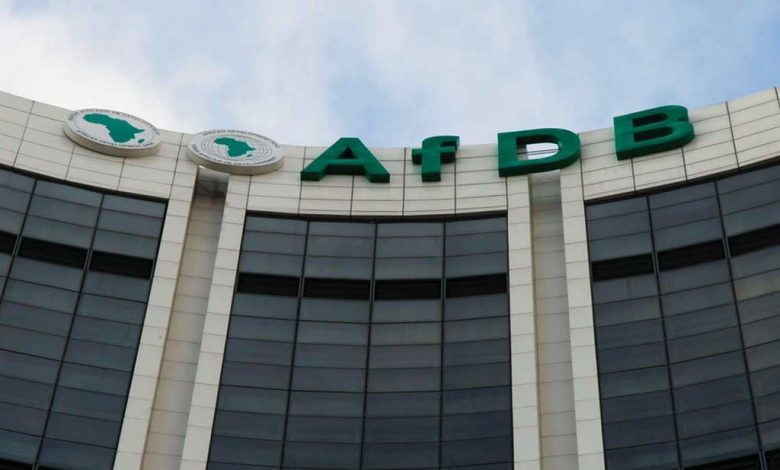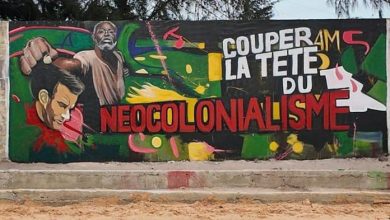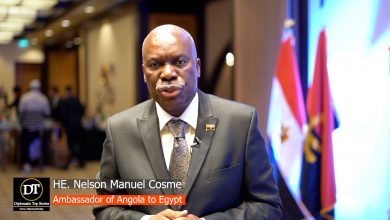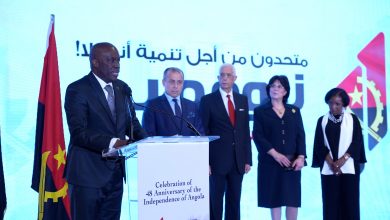Eritrea: African Development Bank Board Approves $49.92 Million for Construction of 30 MW Solar Photovoltaic Power Plant in Dekemhare | African Development Bank

Diplomat.Today
The African Development Bank
2023-04-06 00:00:00
——————————————-
financing
- Date of approval March 1, 2023
- Project Name: Dekemhare 30 megawatt solar photovoltaic power plant project in Eritrea.
- Quantity: US$49.92 million grant consisting of US$19.5 million from the African Development Fund (ADF-15) and US$30.42 million from the Transition Support Facility (TSF).
Goals
- The African Development Fund grant will fund the construction of a 30-megawatt solar photovoltaic power plant with a battery backup system. This is expected to contribute to increasing generation capacity and grid energy to 185 MW and 365 GW/year respectively. Part of the grant will also be allocated to technical assistance and capacity building to improve the operational performance of the grid and ensure the sustainability of the results achieved and the overall development of the Eritrean energy sector.
Components
- The project consists of the power generation phase, which includes the design, construction, supply and installation of a 30 MW grid-connected solar photovoltaic power plant with a 15 MW/30 MWh battery energy storage system, a 33/66 kV substation and a 66 kV transmission line connected to the existing transmission line between East Asmara and Dekemhare, approximately 1 km from the project site.
- The second part of the project is technical assistance and capacity building. This strand aims to support engineering studies for large-scale renewable energy projects to respond to electricity demand within the interconnected system of the Eritrea Electricity Corporation (EEC), minimize electricity generation from thermal power plants, and conduct critical studies of the energy sector, including emission reduction potential of the identified renewable energy projects and their eligibility for co-financing by international climate funds. The technical assistance includes capacity building for the power company and the Ministry of the Environment, particularly in the areas of photovoltaic technologies and battery energy storage systems, shipment management and commissioning of electrical equipment. This component also includes capacity building in network planning and design, performance improvement and financial, legal, operational and environmental aspects. Technical assistance also aims to support the Center for Renewable Energy.
Target area and population
The project involves the construction of a grid-connected solar photovoltaic power station near the town of Dekemhare, 40 km southeast of the capital Asmara, and to increase capacity to provide clean and affordable electricity.
Expected outcomes
- The project will play a major role in reducing the energy deficit, reducing greenhouse gas emissions by 42,910 Gg CO2-eq per year and reducing electricity generation costs to 18.5 US cents per kilowatt-hour, reducing dependence on fossil fuels and, in the short to medium term, term, increasing the power generation capacity of the grid. It will also increase the share of renewable energy in the network’s energy mix from 3% to 23%, creating temporary jobs during project implementation and long-term jobs after project completion.
- The results of the project will boost the socio-economic development that has suffered from massive and prolonged load shedding and consequently improve the quality of life of the people of Eritrea. The expected long-term benefits are improved access to electricity, diversification of energy sources, lower electricity costs, increased economic opportunities and job creation.
- The project will improve electricity supply and improve the socio-economic development of the population. It will help to increase and diversify the electricity supply in Eritrea by developing renewable energy sources (solar energy), thereby reducing the cost of electricity, creating employment and boosting business activity. The additional renewable energy generated will help bridge the electricity generation gap in the grid, reduce electricity generation costs and increase the number of grid connections.
Beneficiaries
The government of Eritrea is the beneficiary of the grant and the Ministry of Energy and Mining is responsible for its implementation.
Background
Eritrea suffers from an inadequate, unreliable, expensive and polluting electricity supply. The available capacity is 35 MW with a peak demand of approximately 70 MW. As a result, frequent periods of tax breaks affect businesses and the population.
The project aligns with the objectives of the 2018 national energy policy, which underlines Eritrea’s Vision 2030 and aims to increase the electrification rate across the country and meet 20% of electricity demand through renewable energy sources by 2030, transitioning from over-reliance on fossil fuels for electricity generation to renewable energy such as solar, wind and geothermal energy, and the development of energy infrastructure to support agricultural production, food security and value chain development.
The project aligns with Eritrea’s development priorities and objectives, including agriculture, nutrition and food security, infrastructure (including energy) and the green economy (including renewable energy).
The project aligns with the Bank’s new Interim Country Strategy Paper (2022-2024) for Eritrea, focusing on a single priority area: “the development of high quality and sustainable infrastructure to support agricultural value chains and for economic diversification and structural transformation”.
——————————————-



